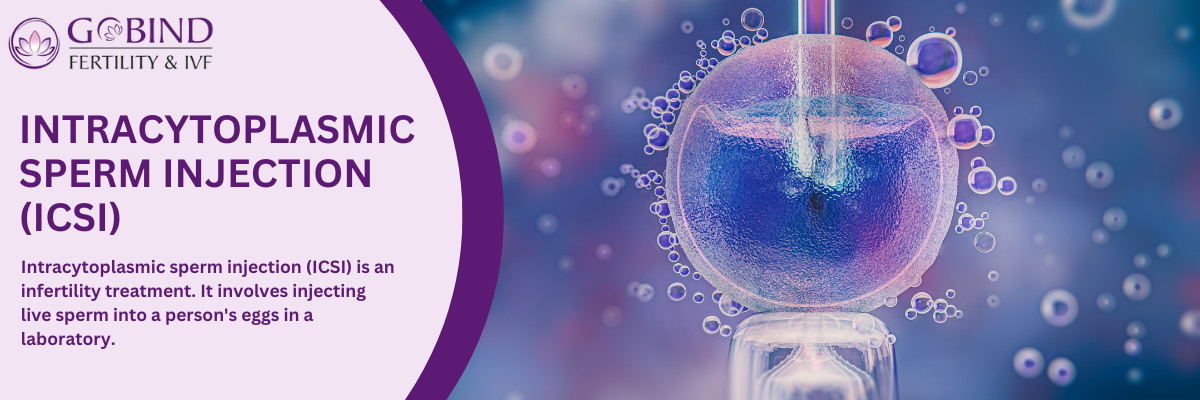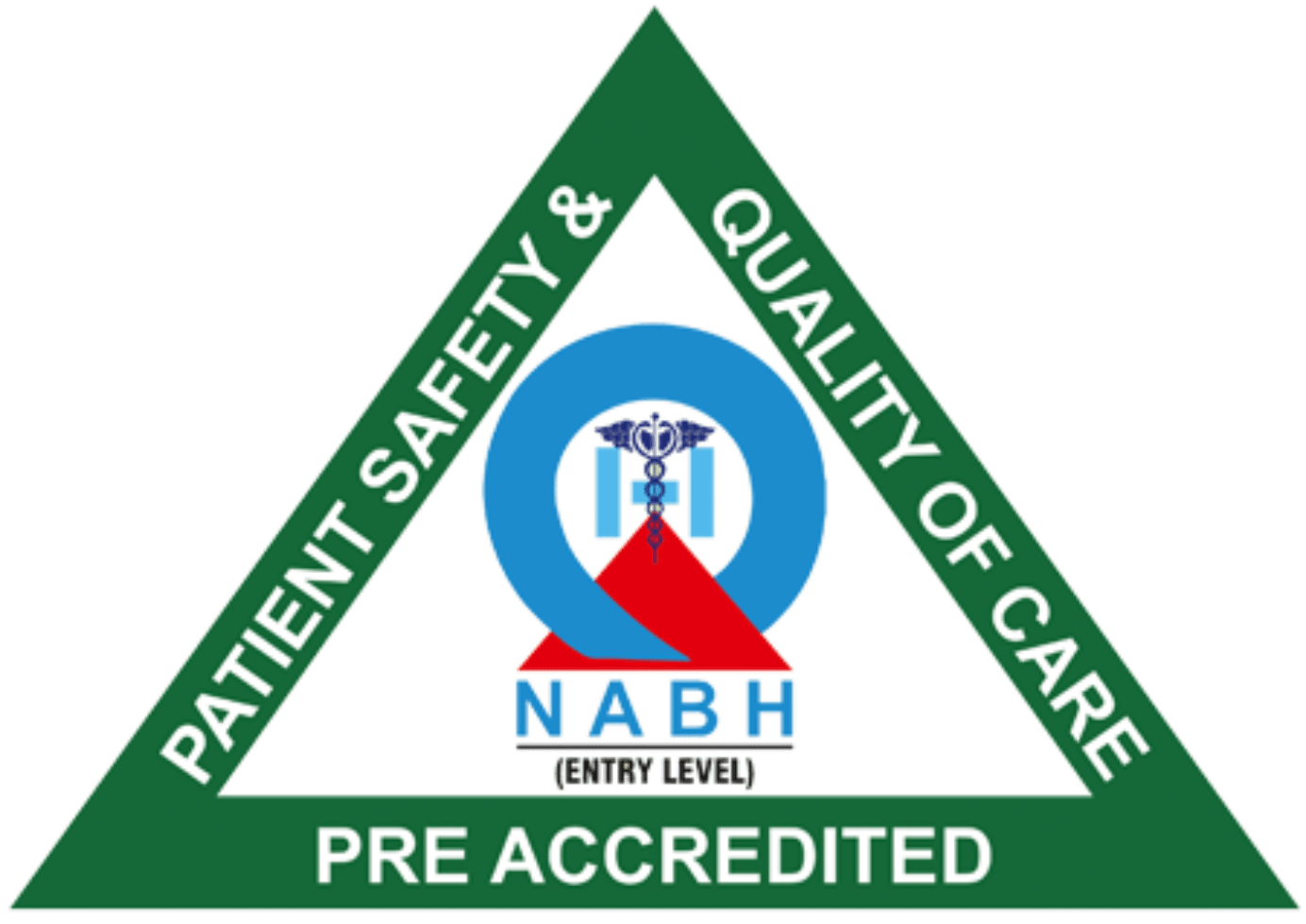

Intracytoplasmic Sperm Injection (ICSI)
Intracytoplasmic sperm injection (ICSI) is a technique used in in vitro fertilization (IVF) to treat male infertility.
Intracytoplasmic Sperm Injection (ICSI)
When there are serious problems with male factor infertility or other fertility obstacles, in vitro fertilisation (IVF) is performed using an advanced technique called intracytoplasmic sperm injection, or ICSI. This is a summary of ICSI:
1. Goal: By directly inserting a single sperm into a mature egg, ICSI increases fertilisation rates. By doing this, the sperm does not have to break through the egg on its own.
2. Indications: In cases of: - Low sperm count (oligospermia) - Poor sperm motility (asthenospermia), ICSI is frequently advised.
- Teratospermia, or abnormal sperm morphology
- Previously unsuccessful IVF fertilizations - Surgically extracted sperm (from the testicles or epididymis, for example)
The antibodies against sperm
- Unknown cause of infertility
3. Procedure: - Similar to a typical IVF cycle, ovarian stimulation and egg retrieval are carried out.
- A fine glass needle is used to separate and immobilise a single viable sperm.
The immobilised sperm is then directly injected, with the use of a specialised microscope and micromanipulation tools, into the cytoplasm of an adult egg.
- The implanted eggs are cultivated and their development as an embryo is watched over.
- As in a typical IVF round, one or more embryos are then inserted into the woman's uterus.
4. Benefits: - Boosts the likelihood of conception, particularly in situations when severe male factor infertility is present.
Permits the use of sperm that has been surgically removed, even though it might not be as viable or motile.
- May assist in resolving problems arising from the sperm's incapacity to enter the egg.
5. Risks and Things to Think About: - ICSI has the same risks as traditional IVF, including the possibility of problems from egg harvesting and embryo transfer as well as ovarian hyperstimulation syndrome. When compared to spontaneous conception, there is a modest increase in the risk of genetic abnormalities or birth problems, but overall risk is still minimal.
- Compared to traditional IVF, ICSI is a more intrusive and technically complex technique that calls for specific tools and knowledge.
Intracytoplasmic Sperm Injection (ICSI) Services at GOBIND Fertility and IVF.
During in vitro fertilization (IVF) therapy, a sophisticated micromanipulation technique called intracytoplasmic sperm injection (ICSI) is used. To achieve fertilization using ICSI, a single sperm is injected directly into a mature egg.
Our expert embryologists at the Fertility Center use specialized tools and microscopes to carry out ICSI treatments in our cutting-edge IVF facility. ICSI is frequently advised in situations where:
- Low sperm count or motility due to a male factor;
- Previous IVF fertilization failure;
- Using frozen or thawed sperm or surgically extracted sperm
Similar to a typical IVF round, eggs are taken from the ovaries during an ICSI cycle. After that, the eggs are prepped and secured with a specific tool.
An embryologist picks and freezes one viable sperm using incredibly accurate micromanipulators. Next, the sperm is directly injected into the egg's cytoplasm. Before the resultant embryos are placed inside the uterus, the injected eggs are observed to ensure fertilization.
When compared to traditional IVF, ICSI improves fertilization rates, which raises the likelihood of conception, particularly in situations of male factor infertility.
ICSI FAQ:
Q: Is ICSI always necessary during IVF?
A: No, ICSI is an optional technique only recommended for specific cases where there are sperm-related infertility issues.
Q: Does ICSI hurt or involve surgery?
A: ICSI itself is a laboratory procedure performed on eggs and sperm. The egg retrieval part of IVF is a minor surgical procedure done under anesthesia.
Q: Are there risks associated with ICSI?
A: ICSI is considered a safe procedure, though there may be a slightly higher risk of birth defects compared to natural conception. Our team will discuss all risks.
Q: Is the ICSI process difficult or time-consuming?
A: Our highly trained embryologists are skilled at efficiently performing ICSI using advanced equipment and techniques.
Q: How much does ICSI cost?
A: ICSI is an additional service during IVF with its own fees. Costs vary, and we can provide you with detailed pricing and financing options.
Q: What are the success rates with ICSI?
A: ICSI fertilization rates are typically higher than standard IVF, especially in male factor cases. Pregnancy rates depend on various fertility factors.

















